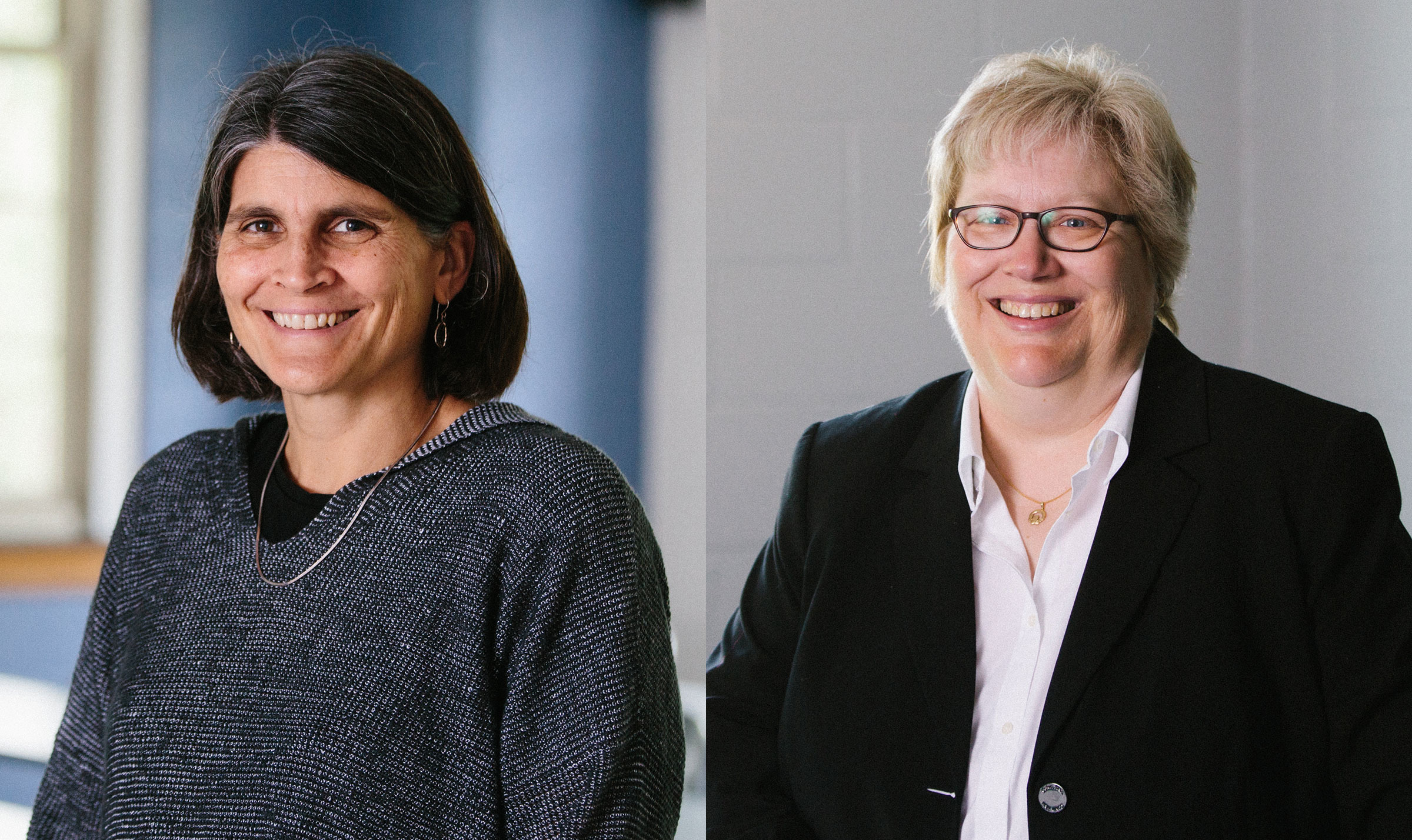Faculty members Janice Anderson and Jill Hamm are co-principal investigators on a project that has won $2.86 million in funding from the National Science Foundation.
The five-year project, led by the Morehead Planetarium and Science Center, will develop informal science education opportunities for diverse audiences in the state of North Carolina.
“We are pleased that NSF has awarded this grant,” said Todd Boyette, Director of Morehead Planetarium and principal investigator on the project. “The Morehead team will develop exhibits and programs highlighting scientific contributions that are not very well known while researchers from the School of Education will study the efficacy of our efforts. At its core, this project is designed to broaden participation in STEM and has the potential to make significant contributions to STEM education.”
Anderson is an associate professor of science education whose research includes examinations of efforts to engage pre-service and in-service teachers and students in the use of new and emerging technologies in the teaching and learning of science. Hamm is the William C. Friday Distinguished Professor of Educational Psychology. Among her work, she has led development and testing of professional development programs designed to help teachers create supportive learning environments.
The NSF-funded project, called “Hidden No More: Shedding Light on Science Stories in the Shadows” will engage audiences in science, technology, engineering and math content, provide understanding of work in STEM fields, and motivate participation in the nation’s STEM-based workforce.
During the next five years, MPSC will develop innovative learning resources including transportable, interactive exhibits focused on light: how humans perceive light, sources of light from lightbulbs to stars, uses of real and artificial light in human endeavors, and past and current STEM innovators whose work helps people understand, create, and harness light now.
Exhibits will explore the characteristics of light — color, energy, time — in multiple ways: short documentary and animated films, virtual reality experiences, interactive “photobooths,” and technology-based inquiry activities. These will be designed to address common gaps in understanding about light, among adults as well as younger learners.
The funding comes from an NSF program called “Advancing Informal STEM Learning” that supports development and promotion of informal science education across the United States through research, innovative projects, and conferences.
Crystal Harden, a doctoral student in the School of Education and director of programs and strategic initiatives at MPSC, is another co-principal investigator on the project.
MPSC contact: Malenia Swinton, malenias@unc.edu, 919-843-3474
